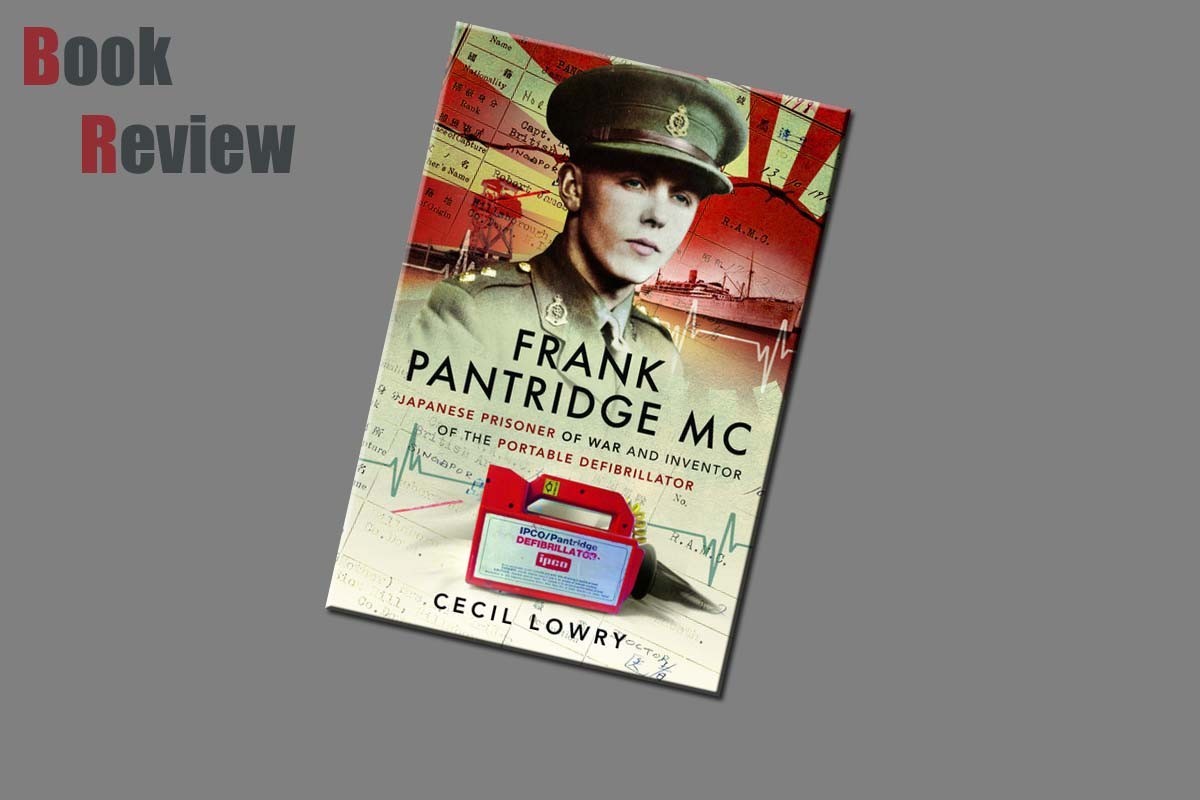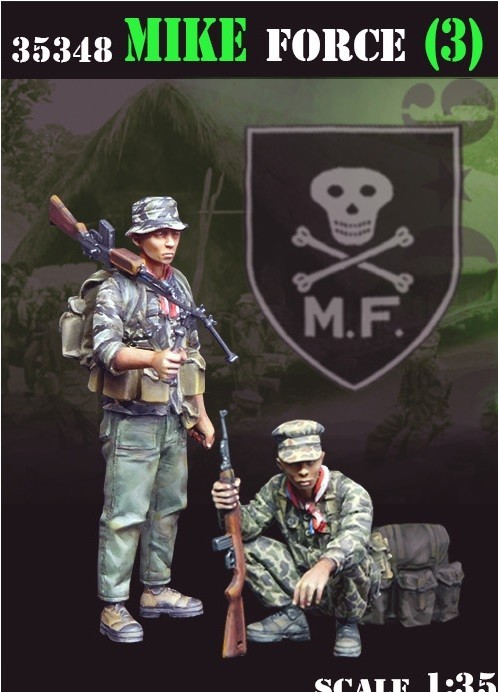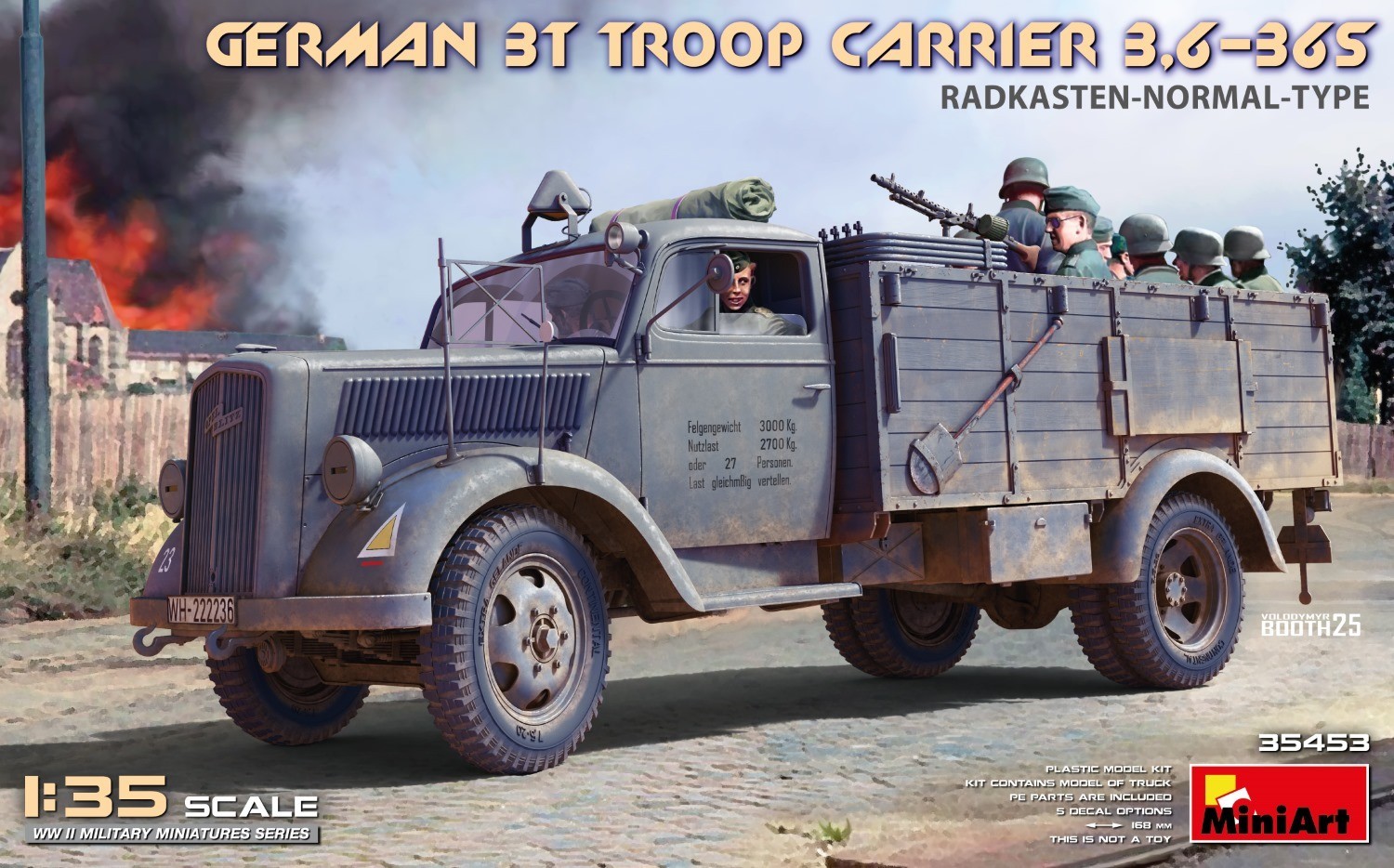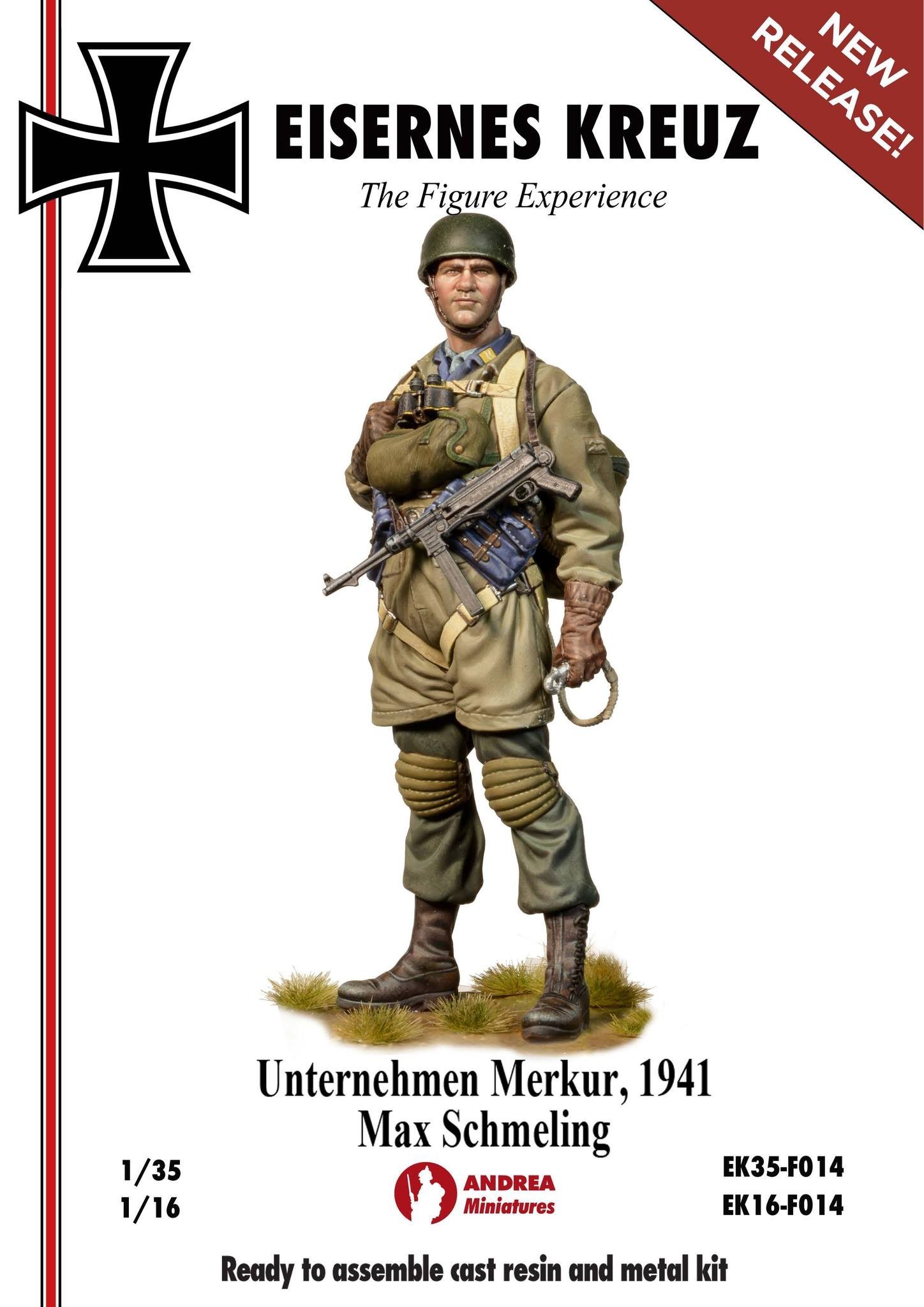Introduction
Frank Pantridge MC Japanese Prisoner of War and Inventor of the Portable Defibrillator
Have you ever stopped to wonder how medical equipment came into usage? This is the story of an amazing man who invented something that is commonly used, but you always hopeyou will not need it.
The following is taken from the Pen and Sword website:
Countless thousands of men and women around the world have good reason to be thankful that Frank Pantridge survived three and a half years of brutal Japanese captivity. Had he not, they too would in all probability have died too.
Taken prisoner at the fall of Singapore in February 1942 Frank was forced to endure appalling deprivation. Conditions on the Burma railway were notorious, and the death rate was horrendous.
On returning to Belfast in late 1945 Frank specialised in heart diseases. Convinced that the prompt application of electric shock after cardiac arrest could save lives he reasoned that ventricular defibrillation should be applied not just in hospitals but in the workplace, the home, the street or ambulance.
His first ‘portable’ defibrillator was produced in 1965 and over the intervening years evolved into the compact units so prevalent today. The importance of Pantridge’s invention was well demonstrated when US President Lyndon B Johnston’s life was saved in 1972.
This stirring biography reveals the full story of a remarkable man who survived against the odds to save countless lives.

Review
This hard backed book from Pen and Sword presents the reader with the story of Frank Pantridge MC, over the course of 154 pages of good quality paper with a black and white photographic section in the middle of the book. Written by Cecil Lowry (whose father like Frank was a Japanese prisoner of war), and who also wrote the book No Mercy from the Japanese.
The book contents areas follows:
Acknowledgements
Timeline
Foreword
Introduction
Chapter 1 Early Years
Chapter 2 Enlistment
Chapter 3 The Japanese Invasion of Malaya
Chapter 4 Changi Prisoner of War Camp Singapore
Chapter 5 F Force and the Death Railway
Chapter 6 Homeward Bound
Chapter 7 Belfast and the RVH again
Chapter 8 Twilight Years
Conclusion
Appendix I: James Frank Pantridge - Obituary by Professor Alun Evans
Appendix II: People Who Knew the Real Frank Pantridge
Appendix III: Famous People whose lives have been saved by a Defibrillator
Bibliography
Index
The military story of Frank Pantridge starts out in the same manner as many others who decided to serve King and Country when war was declared on the 2nd September 1939.Frank served as a houseman at the hospital and so with war declared he and some of his chums from the Royal Victoria Hospital in Belfast joined the Royal Army Medical Corps, but it was several months before he received his call up papers and being a qualified doctor.
Franks first foray was a drafting to Norway, but was pulled because he could not ski. First lucky escape as everyone who went on that trip was killed. Frank was an outspoken officer and so caused superior officers to want him gone and could be considered why he ended up where he did. He was sent to Singapore in1941 and was assigned as the medical officer of the Gordon Highlanders. With the onslaught of the Japanese he was taken as a POW and sent to Changi POW Camp. So many men were taken prisoner that initially the men Frank was with were left unguarded and looked after themselves.
Once the Japanese did place guards the prisoners learnt of the horror that was to be their lives and in many cases deaths. One task was mine clearing without the needed equipment and this caused a number of deaths. Frank remained a POW over the rest of the war until the unconditional surrender of the Japanese Forces. He then returned home on a medical ship having been given some to recover from his mistreatment. You could say this is the second time Frank had a lucky escape, but every day you survived as a prisoner of the Japanese was a lucky escape.
Frank returned and completed his training as a doctorand took to studying conditions effecting the heart as he returned suffering from Beriberi and had seen and lost many comrades to the condition. Frank was initially a none believer in the electrical current being used to treat heart attacks and even insulted professor Graham Ball for such an absurd idea. Frank later became a big supporter having seen the effectiveness of the method and worked on making a portable device and that today saves so many lives.
Conclusion
While reading this book, one thing became very clear - Frank was not afraid to speak his mind. This got him into trouble on many occasions, when he used the words “with all due respect” this was not what he meant at all. This book presents his story as a person rather than a great man which makes it all the better for that approach. I did find this book a little hard going due to the way the story jumps about, but with that caveat it does tell the story well




























